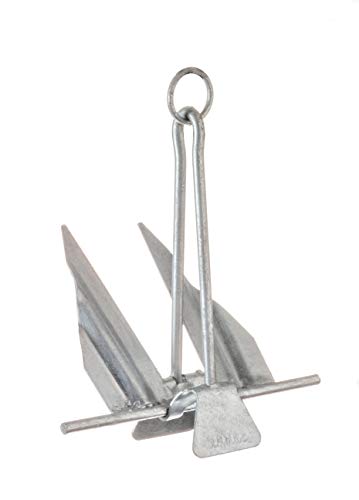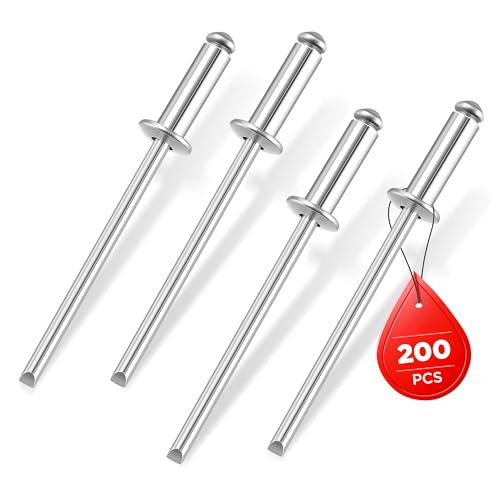Query to Mirrocraft and Oilsmoke; Are all of these vehicles diesel or gas? I'm just wondering if it's a common problem associated with just the diesel engines.
My '04, 5.4, F150 hasn't given me any problems like what's been iterated here at all.
Roger
Mine is a diesel, 6.0L Diesel with a single alternator. Some had twin alternators, but I heard even those have issues with burning up one of the two alternators.
If these didn't have an issue there likely wouldn't be so many youtube vids and companies selling 3G high amp conversions for them.
The first failure on mine came as a surprise at only 2,200 miles, I hadn't even towed with the truck yet at that point, Ford replaced the alternator under warranty. At 2,350 miles it was dead again, Ford performed a recall, replacing the instrument cluster and again a new alternator.
At 5,300 miles it died again, this time 1,400 miles away from home. It got towed to a local dealer there where they replaced the Alternator, alternator harness, the complete battery cable assembly, and both batteries.
It drove home without issue. It sat for a month and a half that winter, when I went to start it the thing was nearly dead. I charged the 3 month old batteries, and used the truck, I noticed it not charging that day after it seemed to struggle while cranking. I got it home and the battery volts were down to 11v. It wouldn't crank back up. It went back to the dealer and they said all the diodes had burned up in the alternator and that they couldn't get their hands on one for over a week. They grilled me about how I used the truck, saying that if I tow a trailer with an onboard battery they've been known to do this. All of my trailers have small gell packs as part of their brake system, nearly all trailers to. They draw voltage off the B+ wire in the 7 pin trailer connector. They blamed it on that and didn't want to warranty the alternator. I called the Ford , filed a complaint and four days later I I got a new alternator and two new batteries from Ford. No longer being able to trust the thing I bought another truck and the '03 sat with then 9k on it. When I had the time I installed a custom auxiliary battery charging set up that limits the load at the trailer connector along with diode protection for the trailer accessory circuit. Its a system that was common in emergency vehicles with high drain components.
Between then and the next alternator failure I hadn't towed any trailers. It mostly sat except for a few short trips. I was pretty pissed considering this was bought to tow trailers.
After a 300 mile ride into PA and back it again was down on voltage and wouldn't restart.
At that point being out of the factory warranty by time, it checked it out myself, and again all of the diodes one the rectifier plate were burned up.
What I finally figured out is that the alternator was pretty much charging at capacity all the time, then when you did a few restarts in the cold weather it wasn't able to recover the batteries fast enough. That combined with the heater fan going, the a''c clutch latched on (defrost mode), and the headlights and maybe the fog lights on, all on top of the 90 amp glow plug relay draw at start up, the alternator was getting cooked. I noticed that it would heat up the B+ wire from the alternator to the battery pretty fast. I first tried adding a second 4 gauge cable but it didn't help much because the alternator was still trying to charge 110a all the time. The problem was it needed to be charging at least 162 amp or more to handle the load.
I put a large frame 250 amp 3G alternator in place of the original 110a 6g model along with a pair of 2 gauge charging cables, one to each battery. It fits under the hood but I had to notch out a section of the hood liner so tbe alternator fan wasn't hitting the fibeglass insulation. Its been fine ever since.
There are bigger 6g options but they don't have a good track record for longevity and the 3G is a proven design that's been around for decades. There's a dozen or so vids on youtube about this as well. Apparently even the trucks with dual alternators get convereted to a single high amp 3g as well to solve their issues. Some of these trucks have computer controlled charging but on mine, the alterntor rettains its regulator but is 'excited' via the instrument cluster through thee charge indicator bulb.
I found it odd that these trucks didn't come with a volt or amp meter, something that I added to mine in the way of a Scan Guage which gives me both codes and all engine information real time. It plugs into the OBDII connector and fits almost anywhere on the dash. I put one in all my trucks now.

























































